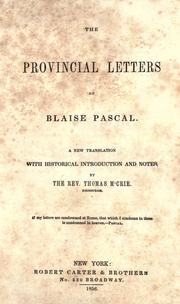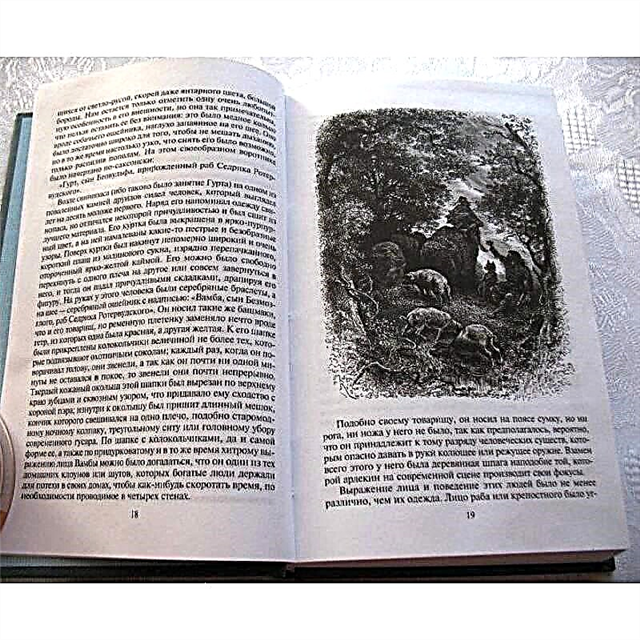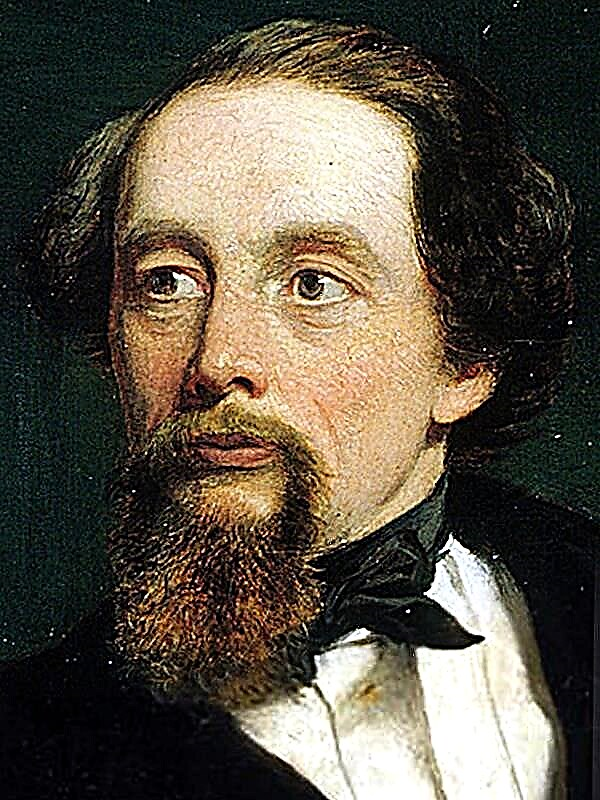(117 words) Strength of mind is a person's persistent overcoming of difficult life circumstances.
The hero of the text L. Ulitskaya lost his hand in the war, but did not give up, did not sit at home and feel sorry for himself, he learned to do everything with his left hand. He later graduated from the university and became a village teacher (sentences 5-8).
Zhilin, the hero of the story L.N. Tolstoy's “Prisoner of the Caucasus,” showed tremendous fortitude to escape from captivity. The hero fled several times, without help and support, exhausted and weakened, and for the first time he also helped the second prisoner, Kostylin. Despite the fact that it was not possible at once, Zhilin did not give up and continued to make attempts to escape. Persistence helped him free himself.
Strength of mind comes to the rescue in the most extreme and difficult circumstances, allowing you to remain human, not to betray anyone and not to break.
Movie example (45 words): In the series J.J. Abrams "Lost" all the heroes demonstrated strength of mind. This is especially true for surgeon Jack Shepard, who, despite the horror experienced, immediately became the head of the group of survivors of the crash, began to provide assistance and make difficult decisions for everyone, as befits a leader.
Life example (46 words): Vladimir Mayakovsky stood at the origins of Russian futurism. The poet had to endure many attacks on his original, unlike any other work. Many readers did not understand him, but he knew that futuristic poetry was the future, so he continued to create and uphold his beliefs. And Vladimir Mayakovsky was successful.
Case study (49 words): Konstantin Simonov went through the Great Patriotic War as a correspondent, was in the thick of things: the first battle near Mogilev in July 1941 almost became the last, because the Nazis surrounded the regiment where the writer was. But he survived, in spite of all the horror, collected thousands of stories of national achievement and masterfully sang it.












